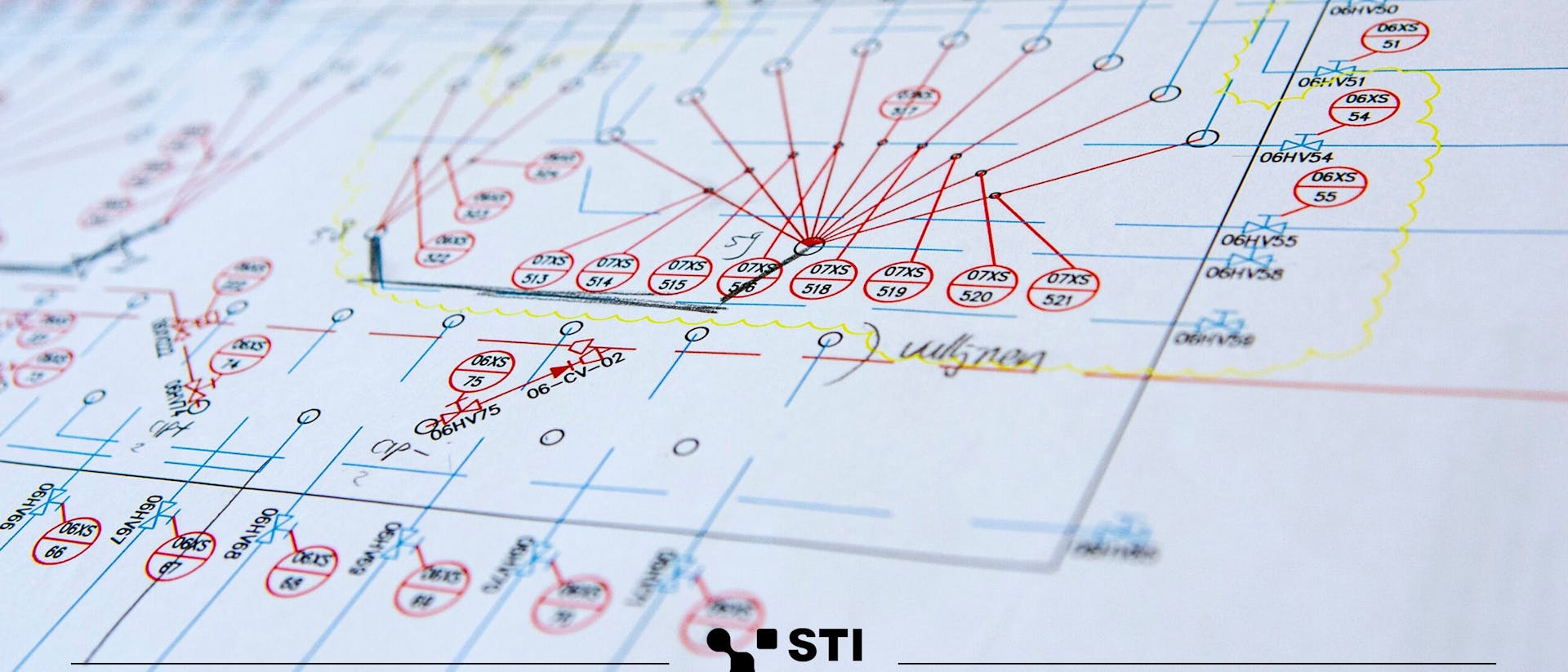
Beyond the Tech: The Role of Process Engineering in a Multidisciplinary Context
Process engineering, especially within a multidisciplinary environment, is far more than a set of technical tasks; it’s a journey that presents daily challenges, stimulating both professional and personal growth. Working alongside experts from various fields—such as mechanical engineers, piping specialists, civil engineers, and instrumentation and automation specialists—creates an ideal space for innovation and idea exchange. This diversity continually enhances one’s skill set, ensuring a dynamic and non-repetitive work experience.
Essential Technical Skills: From Design to Implementation
Process engineering provides the opportunity to develop advanced skills across multiple areas. From plant sizing and creating P&IDs to process simulations, mastering calculation tools, modeling, and simulation software is essential. Among the most technical aspects are mass and heat balance analysis, drafting technical specifications, and conducting risk analysis—all tasks that require precision and analytical skill. Effective collaboration with mechanics, instrumentation, and automation teams is crucial in transforming technical specifications into concrete, efficient solutions.
Soft Skills and Communication Abilities
In a multidisciplinary environment like STI Engineering, the role requires strong communication and problem-solving abilities. Process engineers must be able to clearly present complex technical concepts to colleagues and clients alike. Additionally, time management, organizational skills, and adaptability are essential for handling complex projects, particularly when coordinating across different teams or working remotely.
Versatility and Adapting to Client Needs
One of the most rewarding aspects of process engineering in a multidisciplinary company is the variety of projects and clients, which can range from small local firms to large international contractors. Each client has unique needs and market contexts, meaning every project requires a tailored approach. This diversity provides an opportunity to broaden technical skills and gain a deep understanding of dynamics across various industrial sectors. Process engineers must adjust their skills to meet each project’s requirements, implementing customized solutions that adhere to both local and international standards.
Focus on Sustainability and Innovation
Among modern challenges, process engineers at STI address sustainability, developing solutions that reduce environmental impact and increase process energy efficiency. Contributing to projects focused on crucial issues, such as the transition to sustainable practices, requires continuous learning about environmental regulations, green technologies, and innovative methodologies, empowering process engineers to play an active role in building eco-conscious facilities.
All-Around Project Support: From Idea to Operation
From initial sizing and process diagrams (P&ID) to energy balances and specification documents, every calculation and check translates into tangible results in facilities that transform or produce goods. Overseeing a project from design through construction and startup is a significant challenge, but also a valuable opportunity to apply one’s knowledge “on the ground.” This is particularly rewarding for roles with exposure to international projects and high-level clients.
At STI Engineering, process engineering is a central, dynamic discipline within a multidisciplinary team, where advanced technical skills, communication abilities, and creativity intersect with a global awareness of challenges and a commitment to a more sustainable world.